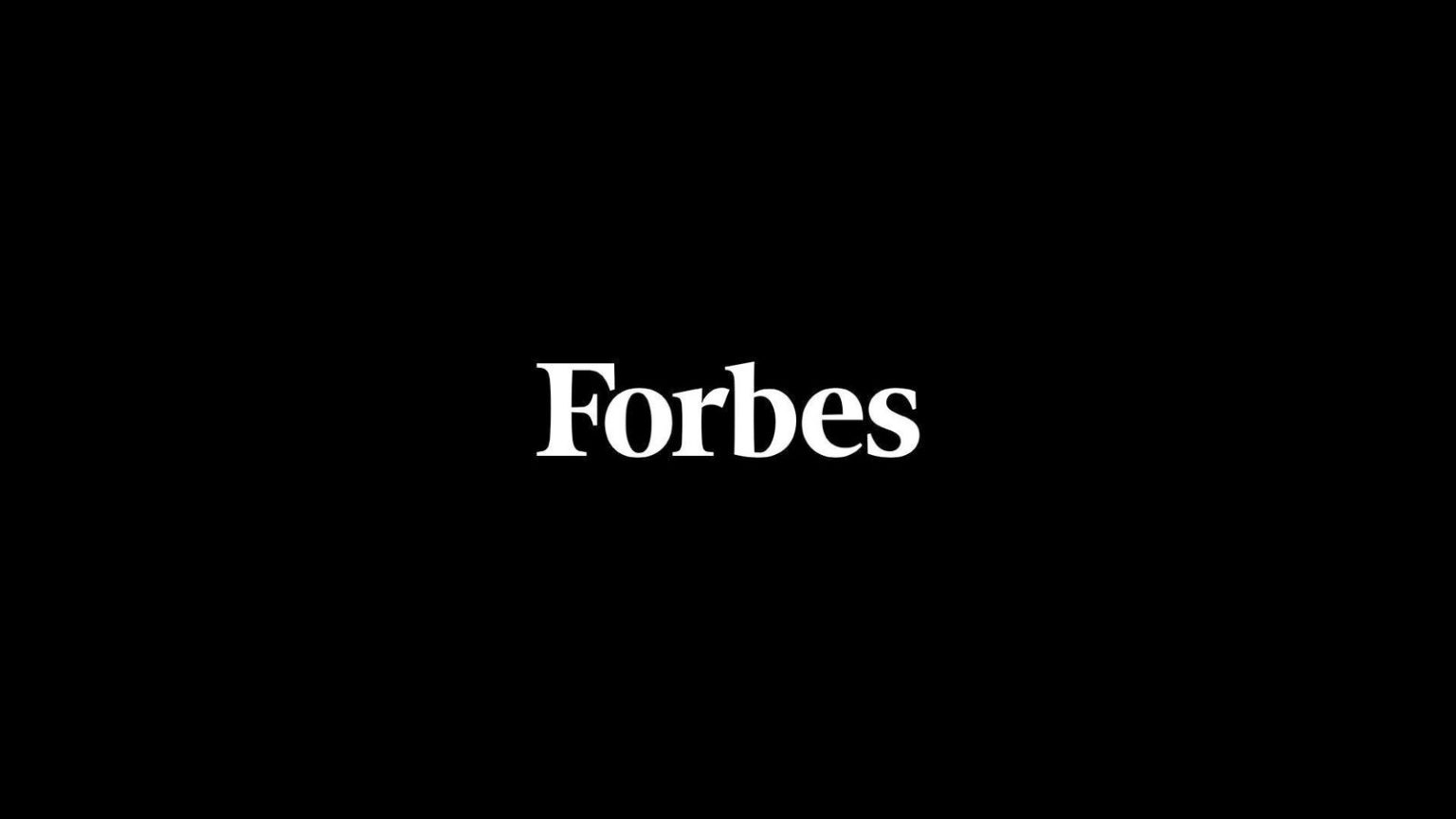When it comes to managing your finances, having the right bank accounts can make a significant difference. Here are five types of bank accounts that you need in order to properly manage your money.
The first type of bank account you should have is a checking account. This is the most basic type of account, and it is used for everyday transactions like paying bills and making purchases. A checking account usually comes with a debit card, which allows you to access your funds easily. It is important to keep track of your checking account balance and avoid overdrawing it, as this can result in fees.
Next, you should have a savings account. A savings account is used to store money that you do not need to access frequently. This account typically earns interest, so your money can grow over time. It is a good idea to set up automatic transfers from your checking account to your savings account in order to build up your savings more quickly.
In addition to a checking and savings account, you may also want to consider opening a money market account. A money market account typically offers higher interest rates than a traditional savings account, but it may also require a higher minimum balance. Money market accounts are a good option for storing emergency funds or saving for a specific goal, like a vacation or a down payment on a home.
Another type of bank account that you should have is a certificate of deposit (CD). A CD is a time deposit account that allows you to earn a higher interest rate by agreeing to keep your money in the account for a set period of time, typically ranging from three months to five years. CDs are a low-risk investment option, but they usually do not offer the same level of liquidity as other types of accounts.
Lastly, you may want to consider opening a retirement account, such as an individual retirement account (IRA) or a 401(k) account. These accounts are specifically designed for saving for retirement, and they offer tax advantages that can help your money grow more quickly. It is important to start saving for retirement as early as possible in order to take advantage of compound interest and maximize your savings.
In conclusion, having the right bank accounts is crucial for managing your finances effectively. By having a checking account for everyday transactions, a savings account for long-term goals, a money market account for emergency funds, a CD for higher interest rates, and a retirement account for long-term savings, you can ensure that your money is working hard for you. By using these accounts properly and taking advantage of their features, you can build a solid financial foundation and achieve your financial goals.


